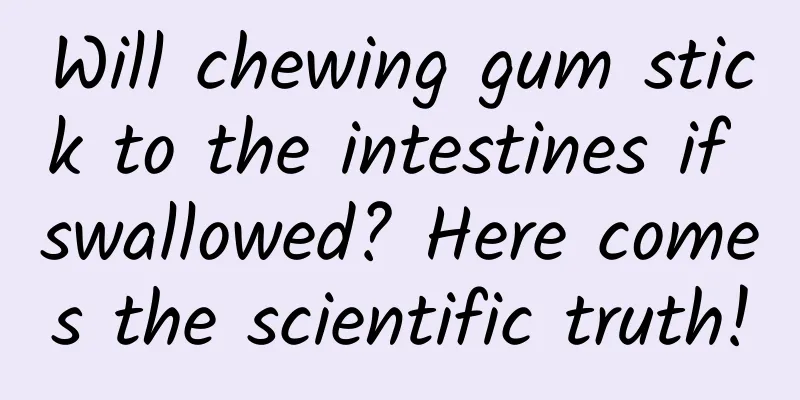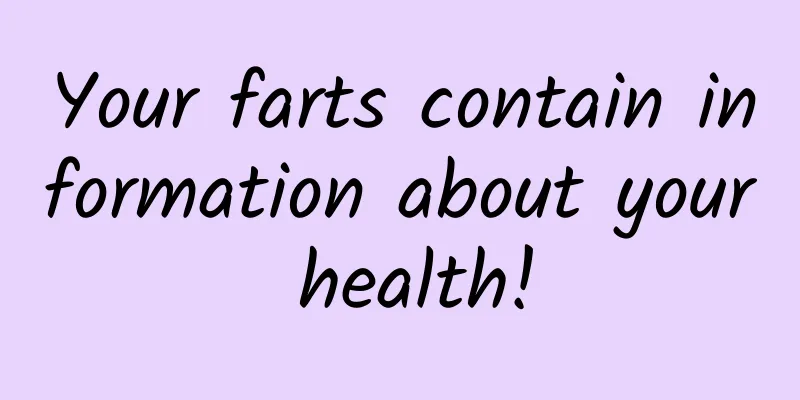Will chewing gum stick to the intestines if swallowed? Here comes the scientific truth!

|
Many people were scared by their parents when they were young: "Don't swallow chewing gum, it will stick to your intestines!" Some people even say that it will "stay" in the body. If you accidentally swallow a piece of chewing gum, is it really that dangerous? Here is the scientific answer - 1. The composition of chewing gum: Why is it "indigestible"? The "soul" of chewing gum is the gum base (natural or synthetic rubber), which gives the gum an elastic chewing feel. In addition, it also contains sweeteners, flavors and softeners. Key Points - The gum base cannot be broken down by human digestive enzymes**, but it is not a "super glue" and will not actively adhere to the intestines. - Ingredients such as sweeteners and flavors will be absorbed or broken down, leaving only the gum base. 2. What happens to chewing gum in the body? ** 1. Stomach "rolling" Gastric acid and stomach muscles will act like a blender, mixing chewing gum with other foods into a paste (chyme) and then pushing it into the intestines. Although the gum base does not break down, gastric acid and mechanical action will weaken its viscosity. 2. Intestinal roller coaster The intestines continuously push the contents forward through regular peristalsis (about 1-2 times per minute), and the chewing gum will be wrapped in mucus and "brush past" the intestinal wall. Mucus barrier: The surface of the intestine is covered with a slippery mucus layer, which greatly reduces the possibility of foreign matter directly contacting the intestinal wall. 3. Final destination Within 1-3 days, chewing gum will be excreted from the body with feces and will not "settle" in the body. 3. Debunking misunderstandings: the rumors you have heard over the years - ❌ "Gum will stick to the stomach/intestines": The intestines are smooth and constantly moving, so gum has no chance to "take root". - ❌ "Remains in the body for 7 years": This is a complete rumor! Although the gum base does not decompose, the excretion system will normally remove it. - ⚠️ The only risk**: Swallowing a large amount of chewing gum (such as dozens of pieces) in a short period of time may increase the risk of intestinal obstruction, but this is extremely rare. 4. What should I do after accidental swallowing? - Stay calm: There is no need to panic if you accidentally swallow something, just observe your body's reactions. - Drink more water and eat high-fiber foods: help speed up intestinal peristalsis and promote excretion. - Signals to seek medical attention: If you experience persistent abdominal pain, vomiting, or inability to defecate, seek medical attention promptly (but the probability is extremely low). Summarize Chewing gum is not a "gut killer" and swallowing a piece occasionally will not stick to the intestines. Look at rumors scientifically and put aside your anxiety, but also educate your children to develop a good habit of spitting out after chewing! |
<<: Why does it feel like the smell of hot pot on your body lasts longer than perfume?
Recommend
Kuaishou beauty industry advertising research report!
Paying for beauty has become a daily routine for ...
Brand marketing method, use these 4 steps!
In life, we often see the success of others and t...
How does a brand do marketing? If Apple sells apples, would you buy them? ?
Let’s first look at two interesting marketing hyp...
After reading this article, don’t say curling is just mopping the floor anymore!
Mixed Knowledge Specially designed to cure confus...
These 5 types of cancer may be caused by what you eat!
This article was reviewed by Guo Xiaoqiang, a pop...
The grand sedan chair in "Ning An Ru Meng" is carried by eight people! The secrets of the "luxury cars" of ancient nobles are revealed
Fan-shot stills of the drama "Ning An Ru Men...
Bidding Promotion——Account Diagnosis Process
As the person in charge of a promotion account, w...
A simple trick to quickly increase your title open rate!
No matter what I say. No matter how good the cont...
Is Lenovo’s change what Yang Yuanqing wanted?
In just one week, Fan Bingbing's "Jun Ge...
China Passenger Car Association: In September 2024, the sales volume of imported super luxury brands in China was 471 units, a year-on-year decrease of 47%.
According to recent news, imported luxury cars ar...
Lao Huqun's Getting Started Tutorial on Buying from 0 to 1
Taoke Park Lao Hu and major team leaders teach yo...
Electrons are everywhere. What are they made of? They are the smallest unit that makes up everything.
Electronics may seem far away from our lives, but...
How to choose a promotion platform? Summary of 7 information flow problems
Let’s take a look and see if you have ever encoun...
There are no rockets or launch towers on the moon, so how do astronauts return?
It has been decades since the first successful ma...









